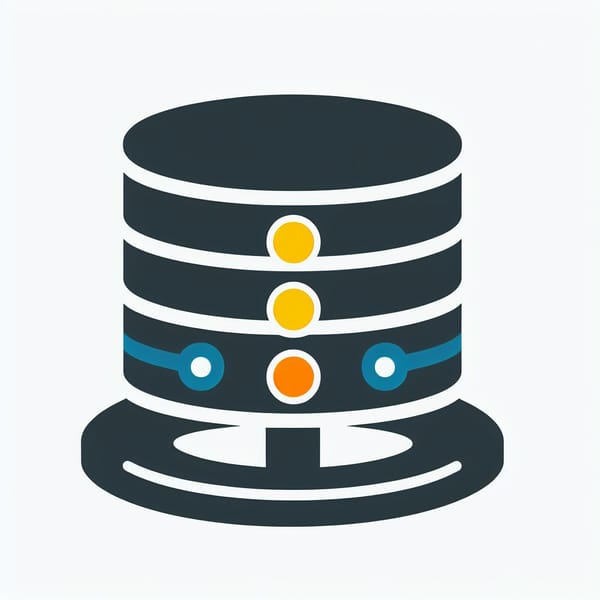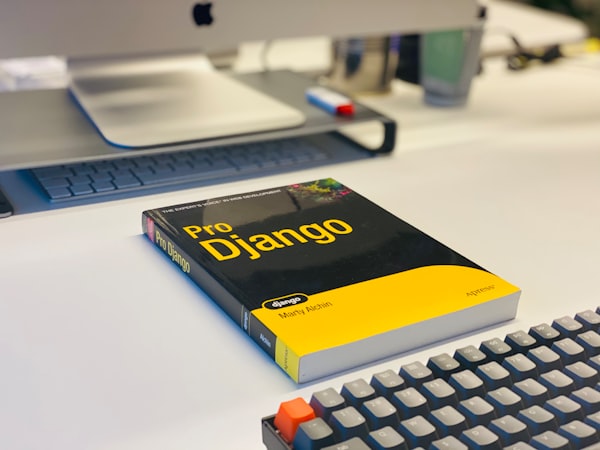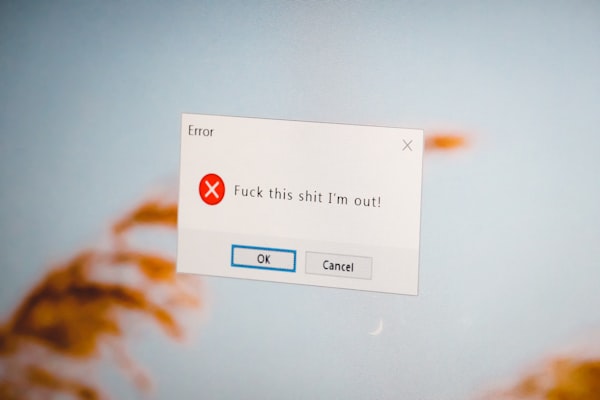Valve Takes Down Fan Projects Based on Team Fortress 2 and Portal

In a surprising move, Valve has issued cease and desist letters to two fan projects based on their popular games, Team Fortress 2 and Portal. The projects, Team Fortress: Source 2 and Portal 64, were aiming to recreate the original games in different ways, but have now been forced to stop development.
It's quite a shocking event given that Valve has never done this to any community project before.
What were the projects about?
Team Fortress: Source 2 was a fan project that started in 2019, with the goal of porting Team Fortress 2, Valve’s 2007 multiplayer shooter, to the newer Source 2 engine. The project was led by Amper Software, a group of fans who wanted to improve the game’s performance, graphics, and modding capabilities. The project had released several screenshots and videos, showing the progress they had made in updating the game’s maps, models, and animations. It was essentially a gamemode for the Gmod successor, S&box.
Portal 64 was a project that started in 2020, with the goal of demaking Portal, Valve’s 2007 puzzle-platformer, to run on the Nintendo 64 hardware. The project was led by James Lambert, a solo developer who wanted to challenge himself and pay tribute to one of his favorite games. The project had released a demo, called “First Slice”, which featured the first few levels of the game, adapted to the N64’s limitations.
Why did Valve shut them down?
According to the developers, Valve sent them cease and desist letters, demanding them to stop using Valve’s assets and intellectual property in their projects. The letters also threatened legal action if the developers did not comply.
The Team Fortress: Source 2 takedown seems rather understandable, since Valve still supports Team Fortress 2 and may one day want to port it or create a sequel themselves. The DMCA posted on the public GitHub page cites that their reasons are due to Valve’s own assets being used in a project, though that hasn’t stopped some other fan games based on their properties from being published and even sold on Steam.
Hello everyone. We have some unfortunate news to share with you.
— Team Fortress: Source 2 (@TeamFortressS2) January 10, 2024
Today, we received a DMCA takedown from Valve on all our public GitHub repositories and all its forks made by the community.https://t.co/BQvtPwjPtn
Meanwhile, James Lambert says that Valve has stated that they’ve requested Portal 64 to be taken down because “the project depends on Nintendo’s proprietary libraries.” This is somewhat surprising, since Valve has long supported fan endeavors based on their games, going as far as allowing them to be sold as retail products on Steam. Either this demonstrates a shift in the company’s policy toward such projects, or they actually have reasonable concerns toward these particular projects. Either way, it’s not a great look.
How did the fans react?
The fans of the projects were understandably disappointed and angry, as they had been following the development for a long time and were looking forward to playing the final versions. Some fans expressed their support and gratitude to the developers, while others criticized Valve for being hypocritical and greedy. Some fans also suggested that the developers should release their source code and assets, so that others could continue their work or use them for their own projects.
The developers themselves were also saddened and frustrated, as they had put a lot of time and effort into their projects, only to have them taken down by Valve. They thanked their fans for their support and feedback, and apologized for not being able to finish their projects. They also expressed their hope that Valve would reconsider their decision, or at least allow them to release their projects as non-commercial fan mods.
What does this mean for the future of fan projects?
The takedown of Team Fortress: Source 2 and Portal 64 raises some questions about the future of fan projects based on Valve’s games.
Valve has historically embraced game modding and greenlit many other large-scale projects. Most notably letting the developers of Black Mesa, a remake of the original Half-Life, to be sold on Steam and give engine support.
However, Valve’s actions show that nowadays they are not willing to let fans use their assets and intellectual property without their permission, even if the projects are non-commercial and respectful. This could discourage other fans from creating or continuing their own projects, or force them to be more secretive and cautious. It could also affect the modding scene, which has been a vital part of Valve’s games and culture for decades.
Whatever the case, the takedown of Team Fortress: Source 2 and Portal 64 is a sad and unfortunate event, not only for the developers and the fans, but also for the gaming industry and culture as a whole. It shows that fan projects are not always safe or welcome, and that they can be shut down at any moment by the companies that own the games they are based on. It also shows that fan projects are a labor of love and passion, and that they deserve respect and recognition for their creativity and dedication.






